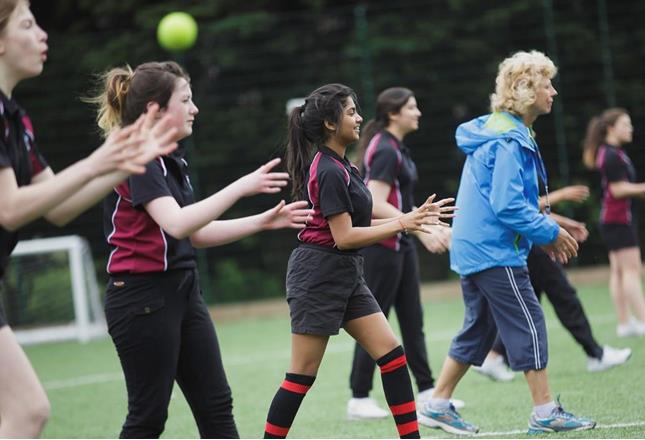The research, conducted by Durham University’s Department of Sport and Exercise Sciences, shows that the lack of clarity surrounding the future of this funding, combined with year-to-year allocations, makes it harder for schools to plan for the future and to spend the money effectively.
In addition to the impact of this longer-term uncertainty, the research also makes clear that more schools need to report on how they spend the Premium funding they receive each year to enable a better assessment of impact.
28% of those surveyed had published no information as to how their funding is spent and over 80% failed to confirm the number of pupils meeting mandatory national curriculum requirements on swimming.
Both are key accountability requirements set by the Department for Education (DfE) designed to provide visibility of how the Premium is spent and the impact it has.
Responding to the research, Alliance CEO Lisa Wainwright said: “The PE and Sport Premium provides vital funding for primary schools to support additional improvements to the quality of Physical Education, sport and physical activities for children.
“This report shows that primary schools, and the wider sport and recreation sector, need greater clarity from government over the future of this money.
“The government previously doubled the Premium to £320m until 2020 but beyond this there is no certainty – we need a long-term commitment now so that schools can look beyond the current academic year and plan for the future.”
Wainwright added: “For their part, schools must then accurately report on how they are spending this money so that we can better understand both the ways in which the money is spent and the impact it is having.
“The DfE needs to make sure all schools publish this information, but at the same time it must provide more support for teachers to spend the funds effectively by drawing on existing good practice. Added to this, the spending and accountability rules should be made simpler, clearer and better aligned with how schools operate.”
The Youth Sport Trust has been integral to encouraging schools to plan for, and evidence sustainable impact of the Premium funding. This is a crucial mechanism in showing what systemic improvements can be achieved through this funding and why it is essential this investment continues.
They have echoed the Alliance’s call for greater long-term certainty for schools.
Youth Sport Trust Chief Executive Ali Oliver said: “As this report highlights, primary schools are being prevented from effectively planning for the future when budgets to improve sport and physical activity for our children are only being confirmed a year at a time.
“We agree with the Sport and Recreation Alliance when they call for a long-term commitment to the funding of PE and sport in schools. Government recently published a School Sport & Activity Action Plan and we hope more strategic investment into PE and sport will form part of a long-term strategy to address the decline in both Physical Education in our schools and children’s overall wellbeing.
“For any funding to have a long-term impact there needs to be both clear guidance and expectations around intent and impact, as well as strong accountability over how it is spent. This is the only way to ensure investment delivers a sustainable benefit for future generations of children.”
The research contains a total of six recommendations for improvements to the PESP and the full report can be viewed here.
Our friends at the Association for Physical Education (afPE) have produced a number of resources to support the PE in Sport and Premium










Please login to add comments